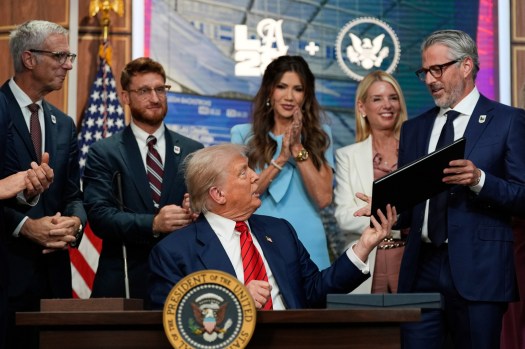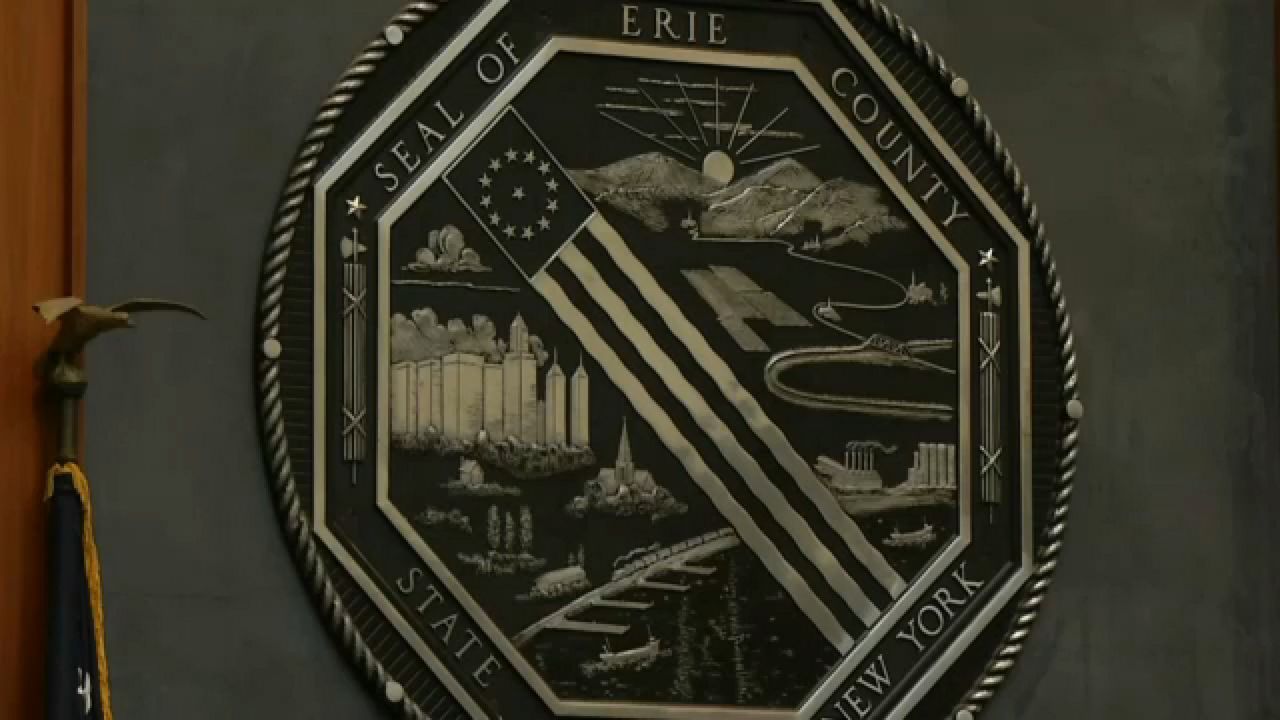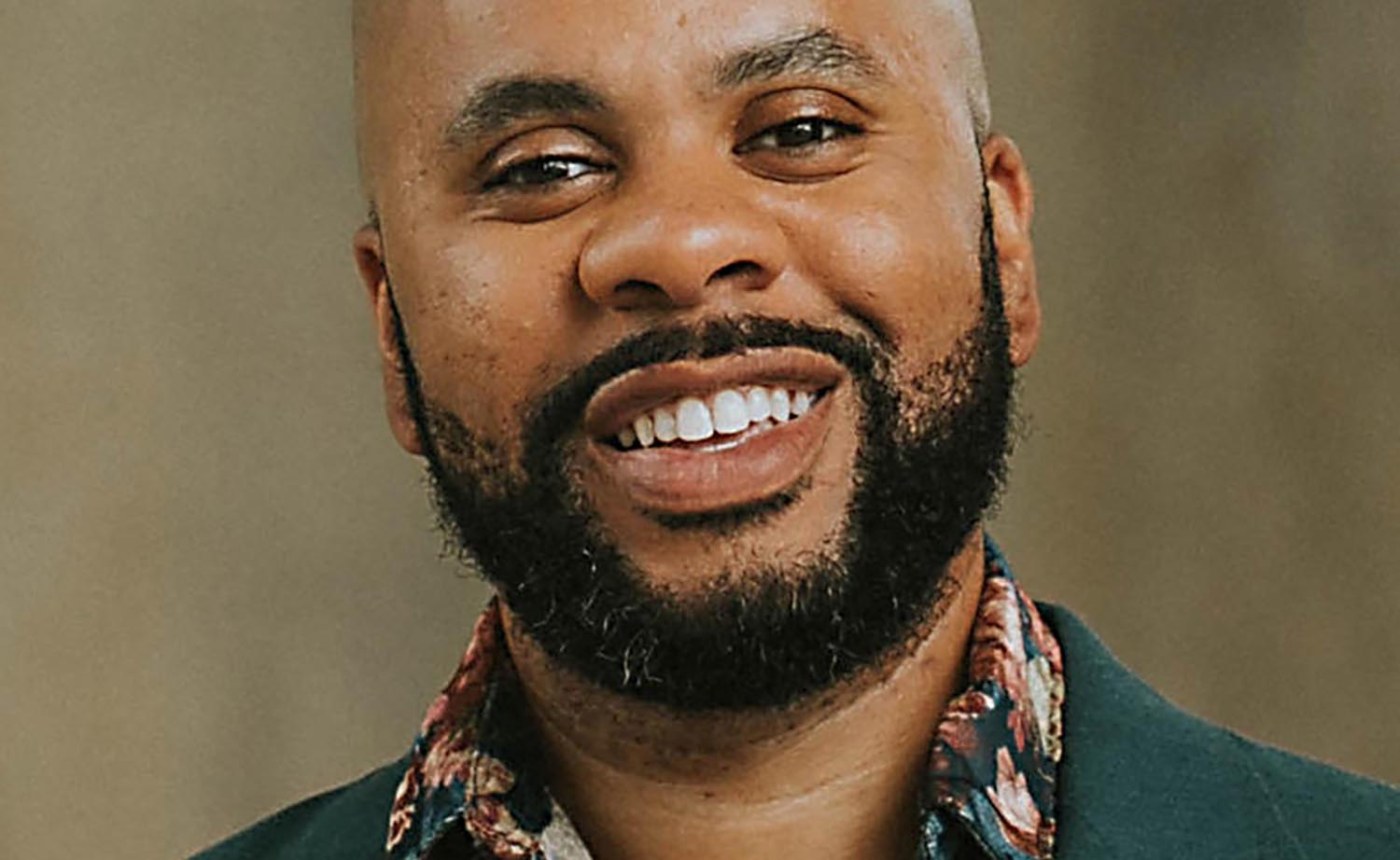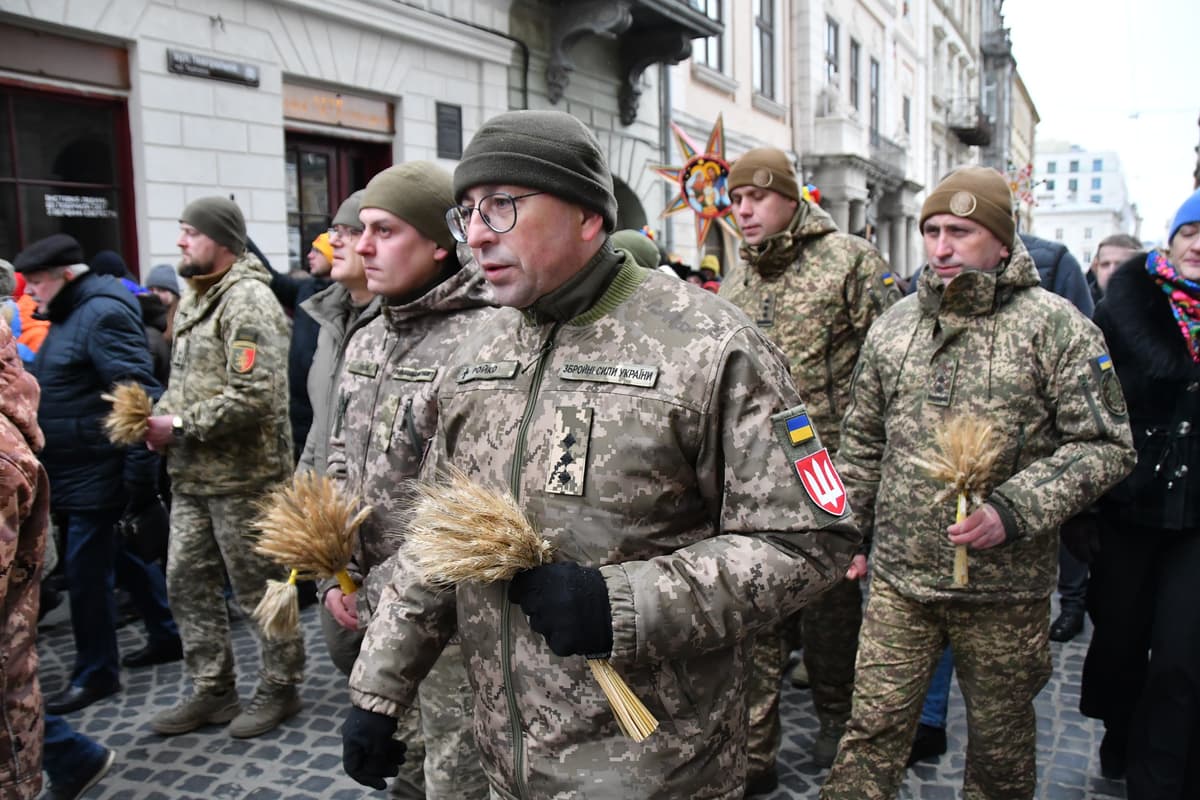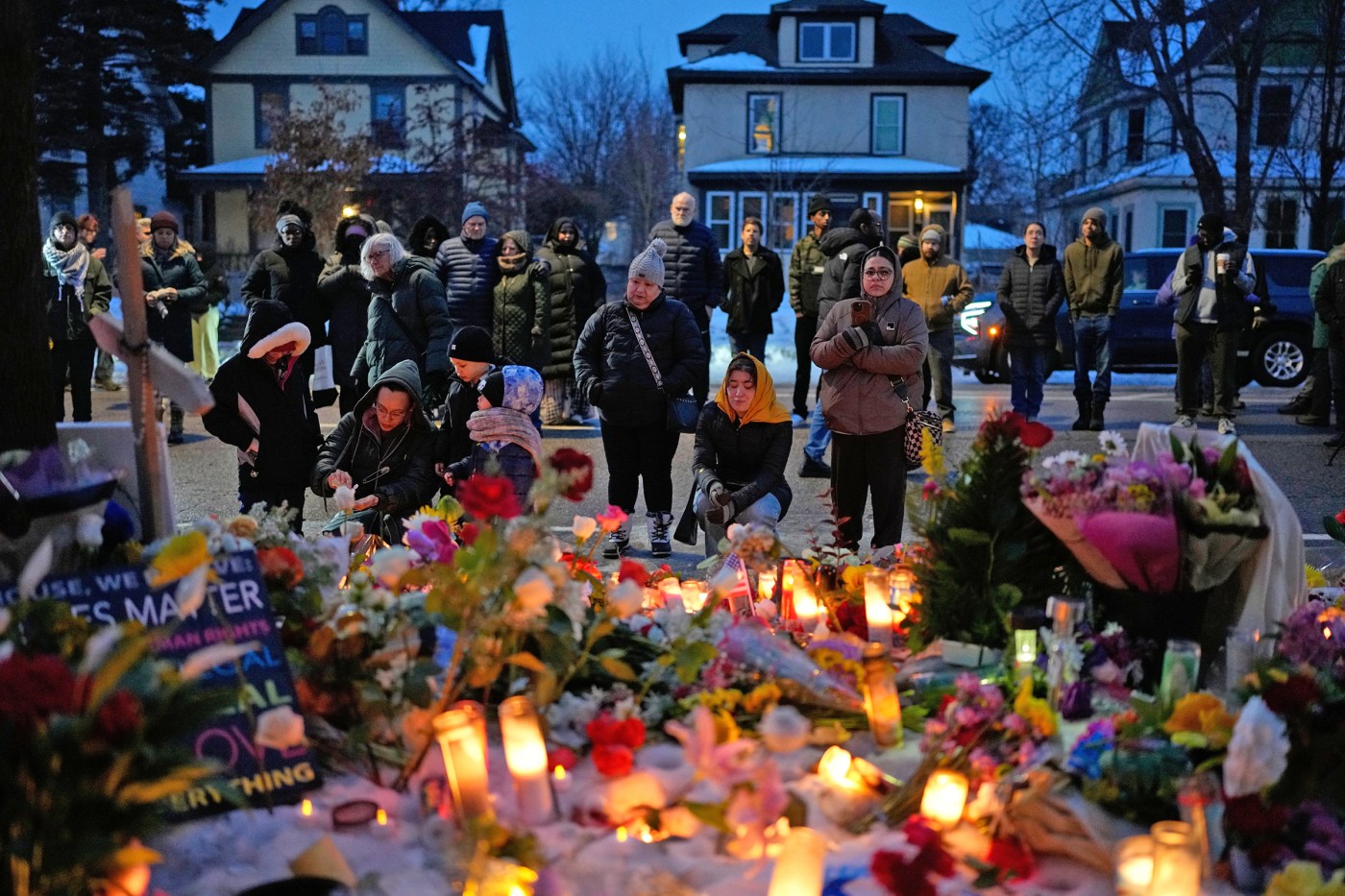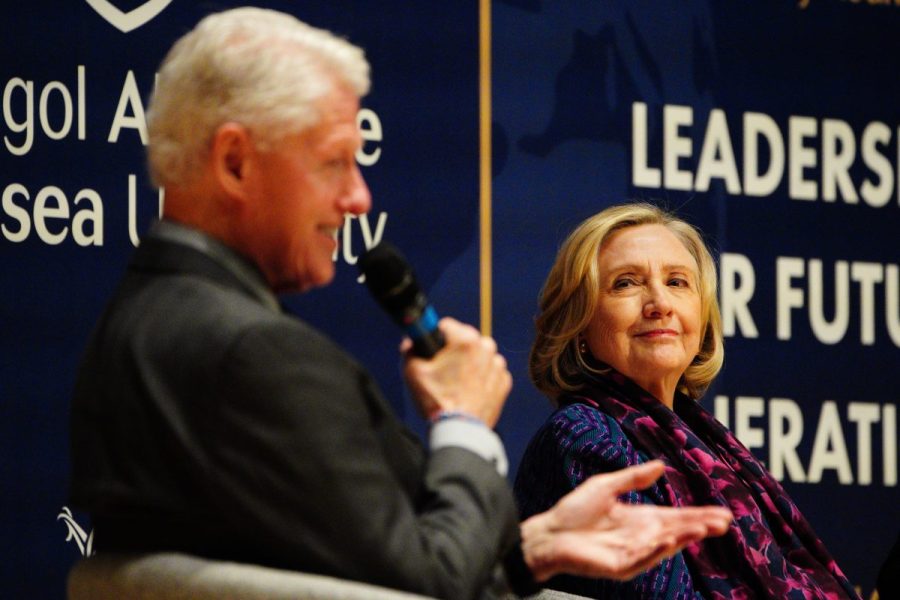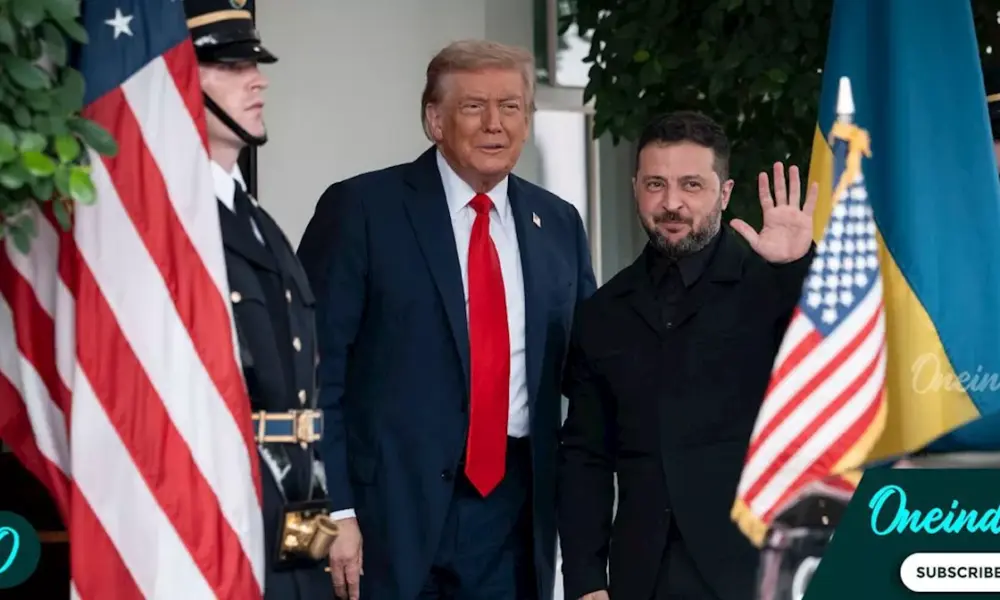Los Angeles is facing uncertainty regarding its role as host for the 2028 Olympic Games and the 2026 FIFA World Cup as former President Donald Trump threatens to relocate these major sporting events. Since regaining influence, Trump has received significant attention from Olympic and FIFA officials, who have praised him and contributed financially to his political allies.
Trump’s comments have raised alarm among organizers, as he has publicly stated, “If I thought LA was not going to be prepared properly, I would move it to another location.” His remarks come amid rising concerns about California’s readiness for the games and tensions with state officials, particularly California Governor Gavin Newsom. While Trump lacks the legal authority to unilaterally move the Olympics, he could leverage federal control over funding and visas to influence the events’ organization.
According to experts, including former IOC vice president Dick Pound, Trump’s position as President means he commands attention, but any relocation would ultimately require IOC consent. “He does not own the Games,” Pound noted, emphasizing that the IOC plays a crucial role in hosting decisions.
The potential for obstruction is a significant concern. Zev Yaroslavsky, a former Los Angeles County supervisor, pointed out that Trump’s power could complicate logistics for both the Olympics and the World Cup. “There are a number of ways he can gum up the works,” he stated, indicating that Trump could hinder the entry of foreign athletes, thereby threatening the integrity of the events.
Tensions are palpable within the IOC, FIFA, and the U.S. Olympic and Paralympic Committee (USOPC), where officials are cautious about addressing Trump’s impact on the games. IOC vice president Nicole Hoevertsz recently redirected inquiries about Trump to an IOC spokesperson, who affirmed the administration’s support for the upcoming games.
Trump has established a federal task force for both the Olympics and the World Cup, which he leads, further emphasizing his desire to maintain control over the events. During an August 5 ceremony, he indicated a willingness to use federal troops to ensure safety at the Olympics, saying, “We’ll do anything necessary to keep the Olympics safe,” which has contributed to rising anxiety among city officials and residents.
Concerns extend beyond the immediate threat of relocation. Financial implications are significant, with the Olympic Games projected to generate $6.88 billion in revenue and the World Cup expected to bring in $8.9 billion. Local businesses are heavily invested in the success of these events, and uncertainty about federal support or security funding has created a climate of apprehension.
LA 28 CEO Reynold N. Hoover expressed confidence in the administration’s support, stating that there have been no conditions placed on federal funding thus far. However, city council member Bob Blumenfield voiced skepticism, cautioning that the Trump administration could impose conditions that would jeopardize event planning.
The IOC’s host city contract stipulates that any changes in venue would require their approval, making a unilateral move by Trump unlikely. However, the potential for political maneuvering remains. As Victor Matheson, a professor at Holy Cross, noted, Trump has the ability to create hurdles for the events through federal agencies, which could severely impact the operations of the games.
The historical context of Olympic politics adds another layer of complexity. The IOC has faced challenges from difficult political leaders before, but the current situation with Trump presents unique challenges. Trump’s past interactions with FIFA officials, characterized by a close relationship with FIFA president Gianni Infantino, further complicate the landscape.
As preparations for the 2028 Olympics move forward, organizers are acutely aware of the political climate and the potential ramifications of Trump’s statements. The situation remains fluid, and stakeholders are cautious as they navigate the intersecting worlds of sports and politics. The future of the Olympic Games in Los Angeles may hinge not only on logistics but also on the unpredictable nature of political influence.

